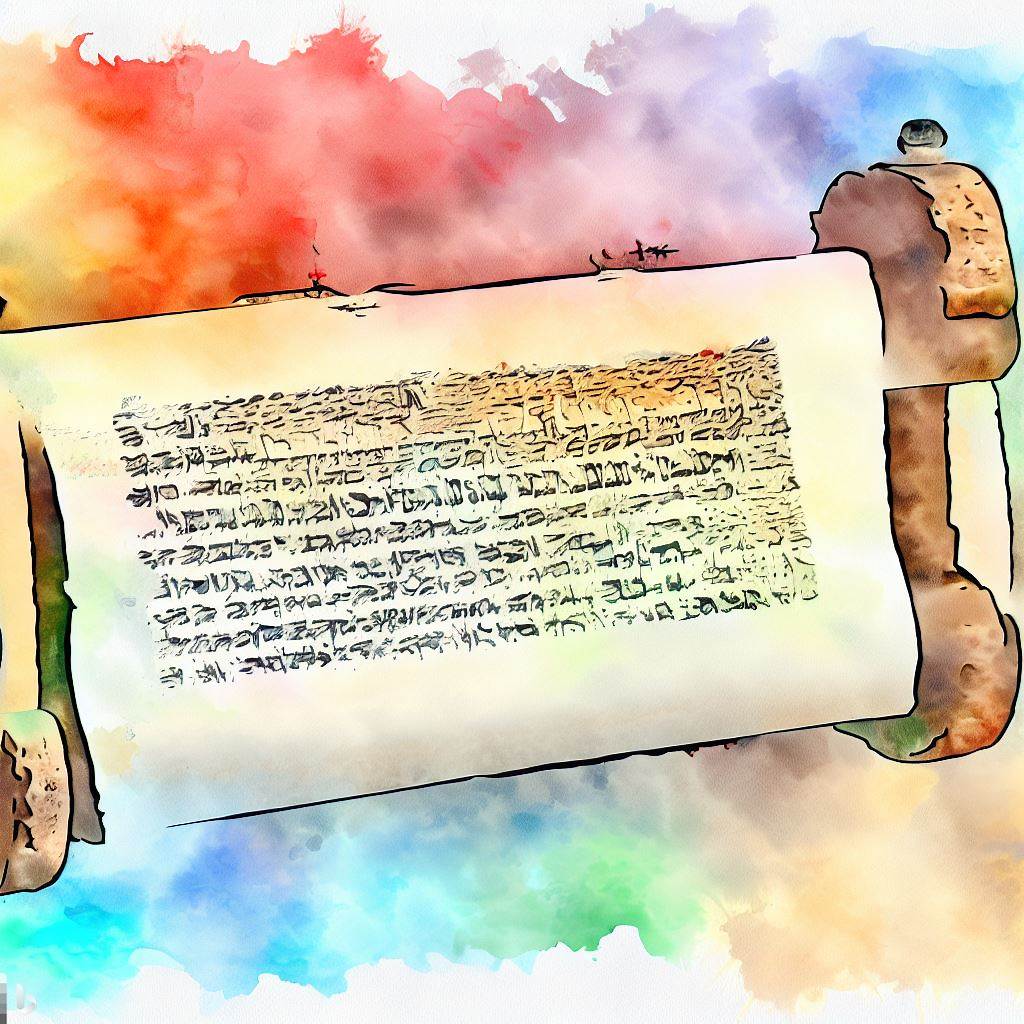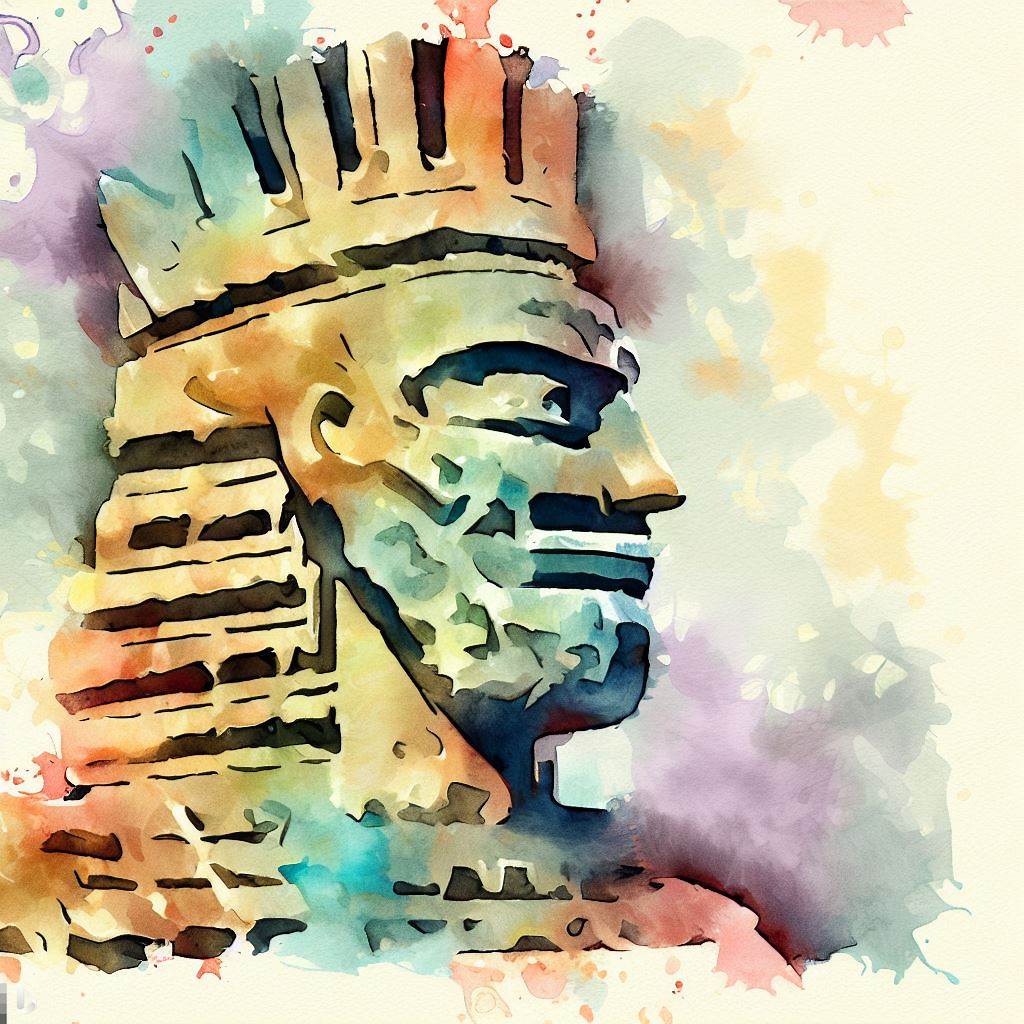The Oldest Books in the World: A Journey through Time
Books have been an integral part of human civilization for centuries, serving as vessels of knowledge, wisdom, and stories. They have preserved our history, shaped our culture, and ignited our imagination. In this blog post, we will embark on a fascinating journey through time to explore the oldest books in the world.

- The Epic of Gilgamesh
Dating back to the 18th century BCE, The Epic of Gilgamesh is widely regarded as the oldest surviving work of literature. This ancient Mesopotamian epic poem tells the story of Gilgamesh, the king of Uruk, and his quest for immortality. The clay tablets on which the poem was inscribed were discovered in the ruins of the ancient city of Nineveh, providing us with a glimpse into the rich literary tradition of the Mesopotamian civilization.
- The Pyramid Texts
Spanning from 2400 to 2300 BCE, the Pyramid Texts are a collection of ancient Egyptian funerary texts inscribed on the walls of pyramids. These texts were intended to guide the pharaohs in the afterlife, providing them with spells, rituals, and hymns. The Pyramid Texts offer a unique insight into the religious beliefs and practices of ancient Egypt, making them invaluable to Egyptologists and historians.
- The Rigveda
Considered the oldest sacred text in Hinduism, the Rigveda is a collection of hymns composed in Vedic Sanskrit. Dating back to approximately 1500 BCE, these hymns were passed down orally for generations before being written down. The Rigveda provides a window into the religious and social life of the ancient Indo-Aryans, offering a glimpse into their mythology, rituals, and philosophical musings.
- The Book of the Dead
Also known as the Book of Coming Forth by Day, the Book of the Dead is an ancient Egyptian funerary text dating back to the New Kingdom period (around 1550–1070 BCE). This collection of spells, prayers, and instructions was intended to guide the deceased through the afterlife. The Book of the Dead is a testament to the intricate beliefs and rituals surrounding death and the afterlife in ancient Egypt.
- The Iliad and The Odyssey
Attributed to the Greek poet Homer, The Iliad and The Odyssey are two epic poems that hold a significant place in Western literature. The Iliad, believed to have been composed around the 8th century BCE, chronicles the Trojan War, while The Odyssey, thought to have been written shortly after, follows the adventures of Odysseus as he attempts to return home after the war. These timeless works have inspired countless authors, poets, and artists throughout the centuries.
- The Hebrew Bible
Also known as the Tanakh or the Old Testament, the Hebrew Bible is a sacred text of Judaism. It is a compilation of various ancient texts, including the Torah (the first five books of Moses), the Prophets, and the Writings. The exact dates of the composition of these texts are debated among scholars, but they are believed to have been written between the 12th and 2nd centuries BCE. The Hebrew Bible has had a profound influence on Western religious and cultural traditions.
- The Diamond Sutra
Regarded as the oldest printed book, the Diamond Sutra is a Buddhist text dating back to 868 CE. This scroll was discovered in the Dunhuang caves in China in 1900 and is a part of the Mahayana Buddhist canon. The Diamond Sutra provides insights into Buddhist philosophy, emphasizing the concept of impermanence and the attainment of enlightenment.
As we delve into the ancient world through these oldest books, we gain a deeper understanding of the diverse cultures, beliefs, and intellectual pursuits of our ancestors. These literary treasures not only serve as a testament to human creativity and ingenuity but also remind us of the timeless power of storytelling and the written word. Let us cherish and preserve these ancient texts, for they are the foundation upon which our modern civilization stands.
Anabasis Project Team

